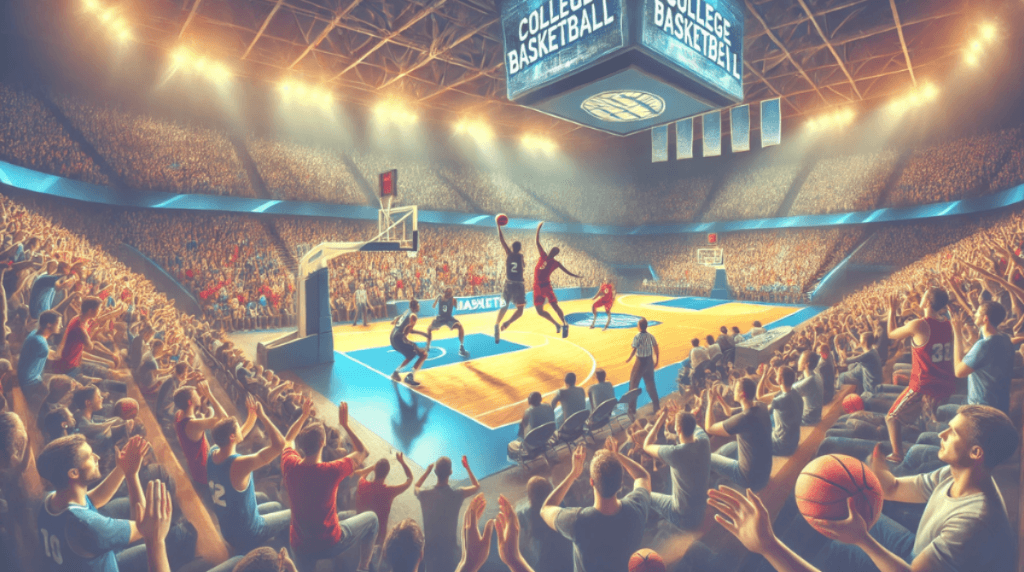Mohegan Sun Sparks Controversy with AI-Driven Guest Data Tracking
Mohegan Sun has found itself at the center of controversy after announcing plans to roll out AI (artificial intelligence). The company says that the new program will allow it to dig through the data it collects to define individual guests’ wants and needs more precisely, but privacy experts and responsible gaming advocates aren’t so sure.

Mohegan Sun Leans into AI for Better Guest Service © Igor Omilaev, Unsplash
Mohegan Sun AI Rollout Raises Responsible Gaming Concerns
With more than 25,000 visitors a day to its sprawling casino in Connecticut, it is easy to see why Mohegan Sun might wish to find a way to mine the vast mountains of data it collects on guests to offer a more tailored and personal experience.
After all, consumers have become used to all the carefully crafted pitches and offers they receive while on the internet that have been cobbled together from their past purchases and browsing history online.
Why shouldn’t some of that same data mining and knowledge be used to offer free play on their favorite Wheel of Fortune slot or a $5 coupon off at the Krispy Kreme? Now that we can truly track someone’s wants and needs in the real world, shouldn’t we use that to make the guest happy?
Our partnership with Gaming Analytics was driven by their robust platform that integrates player development, campaign management, and enterprise alignment tools into one comprehensive suite. This integration will streamline our operations, enhance efficiency, and support our strategic business goals.– Ray Pineault, President and CEO, Mohegan, (PR Newswire)
Even today’s AI allows the casino to see not only your favorite games and dining preferences but also track you through the casino using facial recognition.
It can see who you interact with and tell if you’ve stopped outside a shop window to admire a piece of jewelry. It knows your preferences in drinks and sporting events; it can even tell if you’ve had too much to drink or if you’ve been gambling outside your means.
In the not-so-distant future, it can tell if someone is card counting, capping their bets, or too sharp a bettor to be allowed to bet against the Yankees at -3 ½ in the sportsbook.
You will no longer need a player’s card because it can recognize you when you approach the machine or table. It will finally accurately track all your bets at blackjack and craps, and tell the Pit personnel just how good or bad a player you are.
Of course, it will use all of this information to make promotional offers geared exactly to your preferences, offers intended to make you play longer or come more often. And therein lies the rub.
Perception of Privacy
Both players and the casino property want a better guest experience, one that matches the customers’ needs as closely as possible. But the outcry at Mohegan Sun over data protection and personal privacy indicates that many guests would like to draw a line between a great experience and what they see as intrusive marketing using their own weaknesses against them.
So Mohegan Sun must walk a fine line between exploitive and empowering. And as one of the first casinos to publicly announce their use of the technology, all eyes will be on them, so to speak. If the consensus from detractors like Paul Tarbox, a spokesperson from the Council on Problem Gambling, is that the technology is being used to identify and stop problem gambling instead of encouraging people to bet beyond their means, then perhaps we will see a quick spread of the technology.
On the other hand, if the experiment comes across as manipulative or increases the already 20% YOY bump in calls to Connecticut’s problem gambling hotline, it’s almost a certainty that lawmakers will step in.
The Connecticut legislature attempted to pass legislation last year that would have reigned in the ability of AI to be used in various business models, though gaming was not specifically named.
Meanwhile, on the national level, Senator Blumenthal from Connecticut and Senator Tonko from New York have co-sponsored the Safe Bet Act which among other things would prohibit casinos from using AI to track a gambler’s individual betting patterns.
It is perhaps indicative of the coming struggle for the use of AI in casinos across the country that despite pushback from customers, politicians, and regulators, one of Connecticut’s largest tribes would announce the expanded use of AI just weeks after a Connecticut senator rolled out federal legislation that would prohibit its use if passed.



